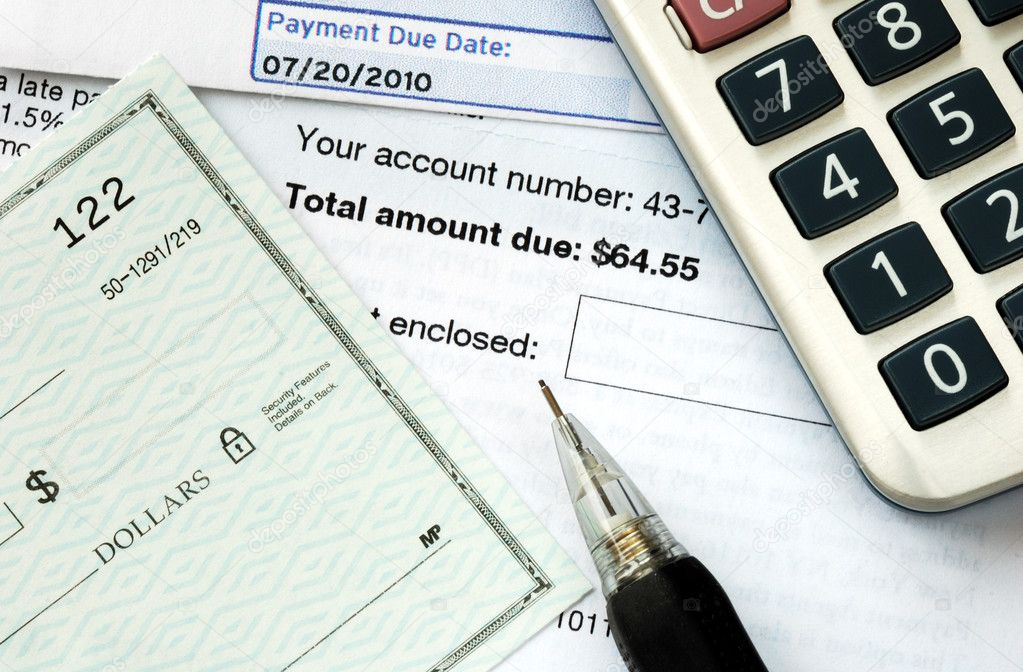If you are tired of constantly being in debt and are dreading getting each month’s bills, you need a plan and action to eliminate your debt. You can start small but with the right steps, you can become debt-free. Here are some tips on how to pay off debt.
Make Your Mind Up To Get Out of Debt
The first step may be the hardest one – especially if you love to shop and love new things. You need to decide to go cold turkey on new purchases. Declare a personal moratorium on new and unnecessary purchases until you pay off your debt. Without this hard decision, it will be unlikely that you will succeed in becoming debt-free.
Calculate the total amount of your debt. Then figure out how much total you can pay out towards it each month. With a little more calculating, you can come up with a date when you will be debt-free. Remind yourself often of this date. Think about what you could do with the extra money once you reach that goal. If you want to get out of debt sooner, consider selling the stuff you do not need in a yard sale. Or consider getting a side job.
Eliminate Expenses You Do Not Need
Most people regularly buy things that they could do without. This may include memberships, buying fancy coffees or other drinks, eating out, cable TV, subscriptions, and more. Look over your monthly bills and find out where you can cut costs.
Stop Using Credit Cards
When you pay off your debt, you must stop using all credit cards. Everything that you charge means that you need to pay more in interest – unless you pay it off completely each month. Using cash only for your purchases will help save money but only if you only carry enough to buy what you need.
Get a Balance Transfer Card
If you have a lot of credit card debt and have good credit, you can get a balance transfer credit card. This type of credit card is very useful in reducing debt because the debt that is transferred to it is often interest-free for a year or longer. You can only transfer other credit card debt to it when you sign up for the card. After the introductory period expires, you will start paying interest at the new card’s rate. Try to get a card that does not charge to make the transfers.
Put Extra Money Toward Your Smallest Bill First
Make sure that you always pay the minimum amount on each of your bills, but pay more on your smallest bill until it is paid. Paying off your smallest bill first will help you eliminate one bill quickly. Then you can take the money used to pay that bill each month and apply it toward your next largest bill. This will help you pay off debt faster. After each bill is completely paid, reward yourself – you have earned it (but keep it moderate).
Keep Some Money in an Emergency Fund
Emergencies can happen at any time and they are always unexpected. This means you need to keep some cash aside for when they occur. If you do not yet have a fund for this purpose, you need to set some money aside each month toward it. Having money for this purpose will help prevent you from having to charge more on your credit cards or go into debt. Start by aiming toward $1,000 in this fund, then aim for six months’ worth of income.

